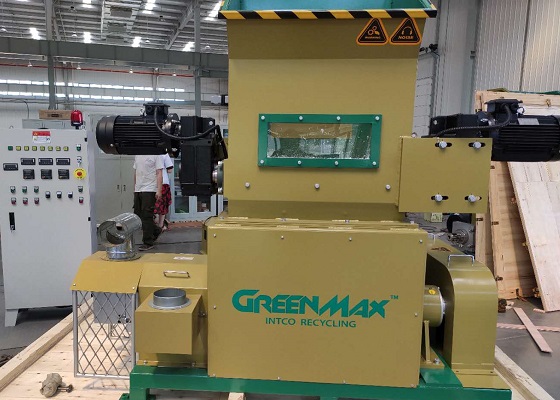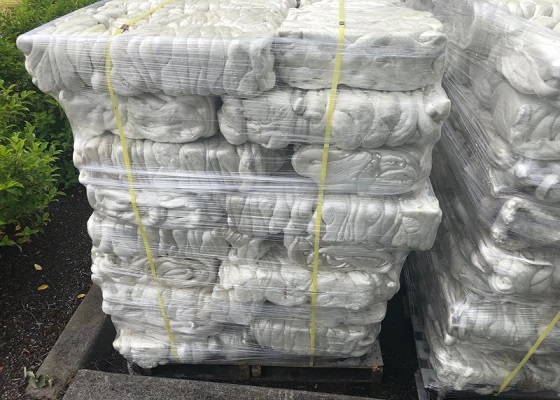Foam pollution calls for environmental protection
Expanded polystyrene foam, commonly known as EPS or Styrofoam, is a lightweight material that is widely used for packaging, insulation, and food service products. While it offers convenience and versatility, its environmental impact is severe and long-lasting.
One of the major issues with foam pollution is its non-biodegradable nature. Traditional foam products take hundreds of years to decompose, occupying precious landfill space and releasing harmful chemicals into the soil and water. These chemical substances can leach into the environment, contaminating ecosystems and posing a risk to both wildlife and human health.
Foam densifier contributes to environmental protection
In the battle against foam pollution, foam densifiers play a crucial role in environmental protection. A foam densifier is a specialized machine designed to compact and process foam waste, reducing its volume significantly. By controlling heat and pressure, foam densifiers transform bulky foam products into compacted ingots, making them easier to handle, store, and transport for recycling.
Instead of ending up in landfills or polluting nature, foam waste can be diverted to recycling sites. Densified foam blocks can be easily transported to companies, where they are processed into new products or used as raw material in various manufacturing processes. This not only conserves valuable resources but also reduces the demand for virgin materials, further lessening the environmental impact of foam production.
Learn about GREENMAX foam densifier
INTCO Recycling offers GREENMAX foam densifier to recycling initiatives. GREENMAX foam densifier Mars series has four types for recyclers to choose from. They are MC50, MC100, MC200, and MC300, according to the different throughput.
The advantages of GREENMAX are as follows:
- Saving: Save cost and space by compressing your foam reducing waste hauling
- Benefit: We purchase back all your compacted foam
- Environment Responsibility: Earn public relations points as a green business
- Ease of Use: Simple, Safe, One-person operation
In summary, foam densifiers make a significant contribution to environmental protection by combating foam pollution. By reducing the volume of foam waste and promoting its reuse, foam densifiers help conserve resources, reduce greenhouse gas emissions, and mitigate the harmful effects of foam pollution on both land and marine environments.


